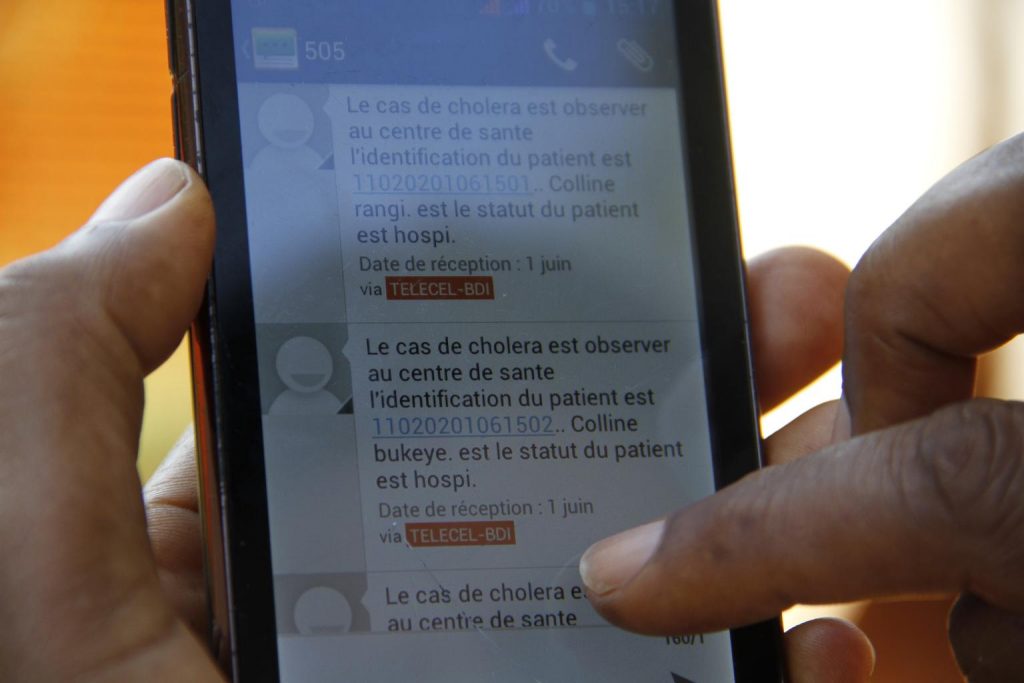During an emerging health crisis like the 2014 Ebola outbreak inWest Africa, communicating with communities to learn from them and to provide timely information can be a challenge. Insight into community thinking, however, is crucial for developing appropriate communication content and strategies and for monitoring the progress of the emergency response. in November 2014, the Health Communication Capacity Collaborative partnered with GeoPoll to implement a Short Message Service (SMS)-based survey that could create a link with affected communities and help guide the communication response to Ebola.
The ideation metatheory of communication and behavior change guided the design of the survey questionnaire, which produced critical insights into trusted sources of information, knowledge of transmission modes, and perceived risks-all factors relevant to the design of an effective communication response that further catalyzed ongoing community actions. The use of GeoPoll’s infrastructure for data collection proved a crucial source of almost-real-time data. It allowed for rapid data collection and processing under chaotic field conditions. Though not a replacement for standard survey methodologies, SMS surveys can provide quick answers within a larger research process to decide on immediate steps for communication strategies when the demand for speedy emergency response is high. They can also help frame additional research as the response evolves and overall monitor the pulse of the situation at any point in time.



